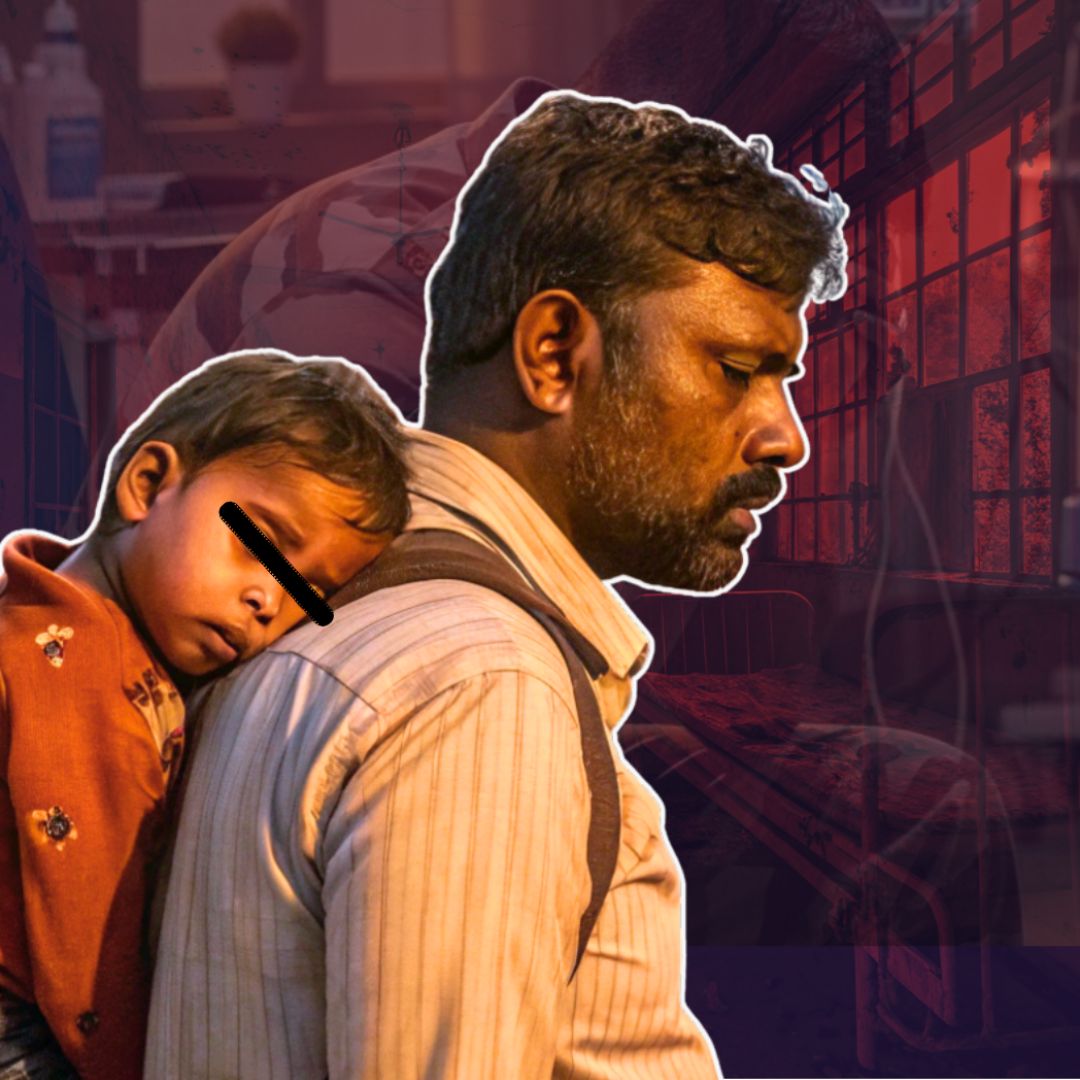A heartbreaking tragedy unfolded in Uttarakhand as one-year-old Shubhanshu Joshi, son of an army jawan, died after being shuffled between five hospitals across four districts over six days due to severe dehydration. Initial treatment delays, lack of paediatric facilities, and repeated referrals led to the child’s death on July 16. The family alleges medical negligence and apathy, with claims of ambulance delays and poor emergency response. Uttarakhand Chief Minister Pushkar Singh Dhami has condemned the incident, ordering a high-level inquiry and promising stringent action against those responsible.
Repeated Hospital Transfers and Medical Negligence
Shubhanshu’s ordeal began when he developed symptoms of vomiting and inability to breastfeed on July 10 in Gwaldam, Chamoli district. The local primary health centre he was taken to did not have a paediatrician or necessary infrastructure to handle such critical cases. From Gwaldam, Shubhanshu was referred to Baijnath community health centre, then to the district hospital in Bageshwar. With his condition worsening, the child was further shifted to hospitals in Almora and later to Haldwani’s Sushila Tiwari government hospital, where he was placed on a ventilator but ultimately succumbed on July 16.
The family alleges gross negligence during this period, including doctors’ inattentiveness and delays in ambulance availability. They reported that an ambulance took more than two hours to arrive after repeated requests, forcing the child’s parents to seek intervention from the District Magistrate. The lack of specialised paediatric ICU facilities at the local health centres contributed to the repeated referrals, resulting in critical time lost.
Systemic Healthcare Gaps Revealed
This incident sheds light on the persistent challenges of healthcare delivery in Uttarakhand’s remote and hilly regions. Many primary and district health centres in these areas lack specialised paediatric care, ICU units, and emergency transport readiness. The logistical difficulties and infrastructure deficits mean that critically ill patients face prolonged journeys across health facilities, often worsening their prognosis.
Chief Minister Dhami has publicly expressed his grief and called the death “extremely painful and unfortunate,” while announcing a probe led by the Kumaon Commissioner. The inquiry aims to ascertain the precise lapses in medical protocols and infrastructural preparedness. Dhami stressed a zero-tolerance policy toward negligence, promising strict punitive measures for officials found responsible.
This tragedy highlights a wider issue in India’s rural healthcare system where limited resources, shortage of specialist doctors, and inefficient emergency services put vulnerable populations, especially infants and children, at risk.
Expert Advice on Strengthening Child Healthcare and Referral Systems
Health experts emphasise the urgent need to operationalise District Early Intervention Centres (DEIC) at the district level as recommended by Rashtriya Bal Swasthya Karyakram (RBSK). DEICs serve as hubs providing comprehensive paediatric care, confirmatory diagnosis, early intervention and coordination of referrals to tertiary centres. Experts also advocate strengthening First Referral Units (FRUs) at CHCs to provide round-the-clock specialist paediatric services and emergency care, including facilities for critical care and ventilator support. Robust, timely ambulance services integrated with e-referral systems can reduce delays and improve outcomes in emergency cases. Training of frontline healthcare workers on identifying early warning signs is crucial for prompt intervention.
The Logical Indian’s Perspective
The loss of little Shubhanshu is a stark reminder of the urgent need to strengthen rural healthcare networks with adequate specialists, timely emergency response, and accountability mechanisms. Healthcare must be accessible and dependable, regardless of geography. The Logical Indian believes that addressing such tragedies requires not only infrastructural investment but a shift toward empathetic governance that respects human dignity.
Ensuring no family endures the pain of losing a child to avoidable medical lapses demands coordinated efforts between policymakers, healthcare providers, and communities. Emphasising transparency, swift action against negligence, and empowerment of frontline health workers can build a more resilient system.











